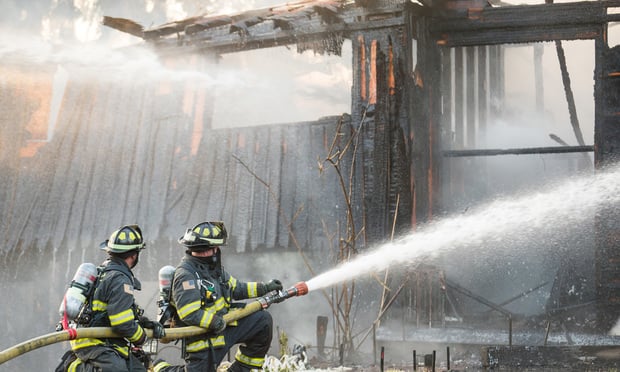American Agent & Broker seems to have inadvertently stirred up a hornets' nest with our January story on sales training programs (“Train your producer,” Jan. 2011 AA&B).
First, a clarification: in focusing on the two schools in the article (The National Alliance and The Hartford School of Insurance), in no way did I mean to slight the AICPCU or otherwise infer that the CPCU designation was not a worthy goal for any insurance professional to achieve.
But while failing to point out the value of the CPCU designation may have had the negative effect of making me look foolish, it also ignited an interesting discussion of just how qualified a bare-bones-licensed insurance producer should be.
Insurance education icon Bill Wilson was nice enough to weigh in with an article last week (“40 hours and I'm an insurance agent!”) that pointed up the absurdity of manicurists, hairdressers and other people whose services we might take for granted having far more stringent licensing requirements than insurance agents.
In Illinois, for example, a resident licensed producer must have 20 hours of education per line of authority, part of which must be completed in a classroom setting, before taking the exam. Compare that with Illinois licensed plumbers, who are only eligible to take the state exam after completing a 48- to 72-month apprentice program. Louisiana requires fledgling plumbers to have at least 5 years or 8,000 hours of work experience before he or she can even take the journeyman exam.
The subject begged the question of what other professions have more training than an insurance agent. (And there must be something in the zeitgeist, as the Wall Street Journal did an article on the subject just this week.)
Turns out there are many, including:
Massage therapists: Varies by state, but most require between 300 and 650 hours of professional training; some also require several years of professional experience as well as continuing education.
Florists: Not all states require licensure, but some, including Louisiana, must pass a test to be licensed. (The Louisiana law is currently being litigated.)
Cosmetologists: In Texas and Tennessee, a cosmetologist needs 1,500 hours to qualify for a license and 6 hours continuing education every 2 years.
Manicurists: In some states, 600 hours of training are a prerequisite to licensing. Other states, including Tennessee, require at least 1,500 hours of training at a certified beauty school.
Pet groomers: Although no vocational licensing exists, most groomers participate in a year-long apprenticeship under an experienced groomer, and there are 50 state-approved dog grooming schools offering programs that last from 2 weeks to several months.
You can make the case that some of these careers require stringent training because the practitioners are in intimate physical contact with the client. But it seems to me there's darn little more intimate than a professional charged with protecting a person's most valuable assets.
So what do you think? Are licensing requirements for massage therapists and plumbers too stringent? Or are agent licensing requirements too slack?
Want to continue reading?
Become a Free PropertyCasualty360 Digital Reader
Your access to unlimited PropertyCasualty360 content isn’t changing.
Once you are an ALM digital member, you’ll receive:
- Breaking insurance news and analysis, on-site and via our newsletters and custom alerts
- Weekly Insurance Speak podcast featuring exclusive interviews with industry leaders
- Educational webcasts, white papers, and ebooks from industry thought leaders
- Critical converage of the employee benefits and financial advisory markets on our other ALM sites, BenefitsPRO and ThinkAdvisor
Already have an account? Sign In Now
© 2025 ALM Global, LLC, All Rights Reserved. Request academic re-use from www.copyright.com. All other uses, submit a request to [email protected]. For more information visit Asset & Logo Licensing.








